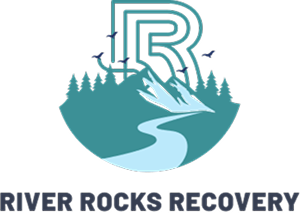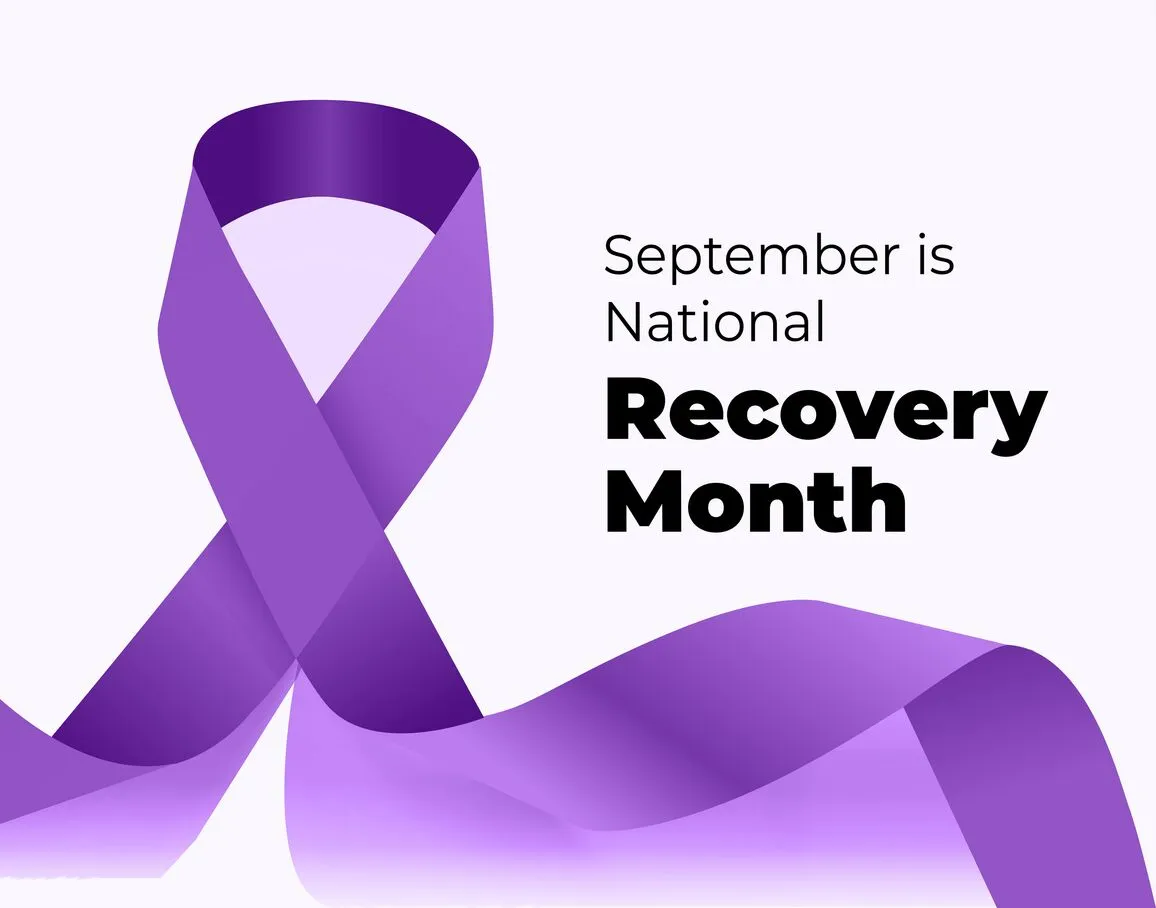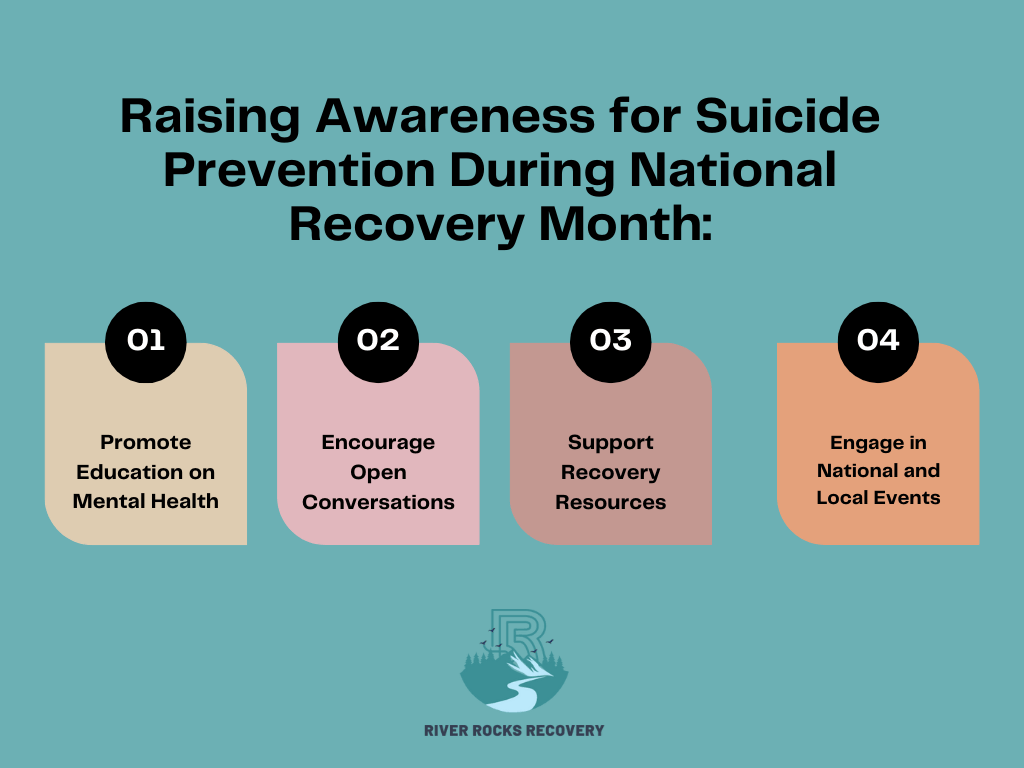September marks National Recovery Month, a time to celebrate the efforts of those who are overcoming addiction and mental health challenges. It’s also a critical moment to raise awareness about the important role that suicide prevention plays in recovery. Addiction and mental health struggles often go hand-in-hand, and many individuals in recovery face heightened risks of depression and suicide. During this month, we honor their progress, highlight the resources available, and emphasize the importance of ongoing support to prevent suicide.
If you or a loved one are facing the challenges of addiction recovery, it’s essential to understand the relationship between substance use, mental health, and suicide. Together, we can work to create supportive environments that not only celebrate recovery but also safeguard the mental well-being of those involved.
The Connection Between Addiction, Recovery, and Suicide Prevention
Addiction is often accompanied by mental health issues such as depression, anxiety, or trauma, which increase the risk of suicidal thoughts and behaviors. Recovery is a complex journey, requiring not just the cessation of substance use but also addressing underlying mental health conditions that may fuel suicidal tendencies.
Many people in the throes of addiction may feel hopeless, isolated, and overwhelmed by the difficulties of sobriety. However, recovery offers a path forward—a chance to rebuild a fulfilling life. National Recovery Month emphasizes the progress made by individuals who have reclaimed their lives from addiction, while also focusing on the steps needed to prevent relapse and safeguard their mental health.
How Recovery Supports Suicide Prevention
The recovery journey is about more than just breaking free from substance dependence; it’s about healing the whole person, including their emotional and mental health. When individuals access comprehensive recovery programs that address co-occurring mental health disorders, they are more likely to achieve long-term success and avoid the risk of suicide.
Here are key ways that addiction recovery supports suicide prevention:
- Improved Mental Health: Addressing addiction often means treating underlying mental health conditions, which can dramatically reduce suicidal thoughts.
- Building Strong Support Systems: Recovery involves creating a strong network of support, including family, friends, and professionals who can intervene when someone is struggling.
- Fostering Resilience: Through therapy, counseling, and peer support, individuals learn coping strategies that help them handle life’s challenges without returning to harmful behaviors.
- Developing New Life Skills: Addiction recovery programs help individuals rebuild their lives by teaching practical skills like stress management and emotional regulation, which reduce the risk of self-harm or suicidal thoughts.
- Fostering Hope: Celebrating small wins and significant milestones can help instill hope in those who may feel they have no way out, reducing feelings of hopelessness often associated with suicide.


